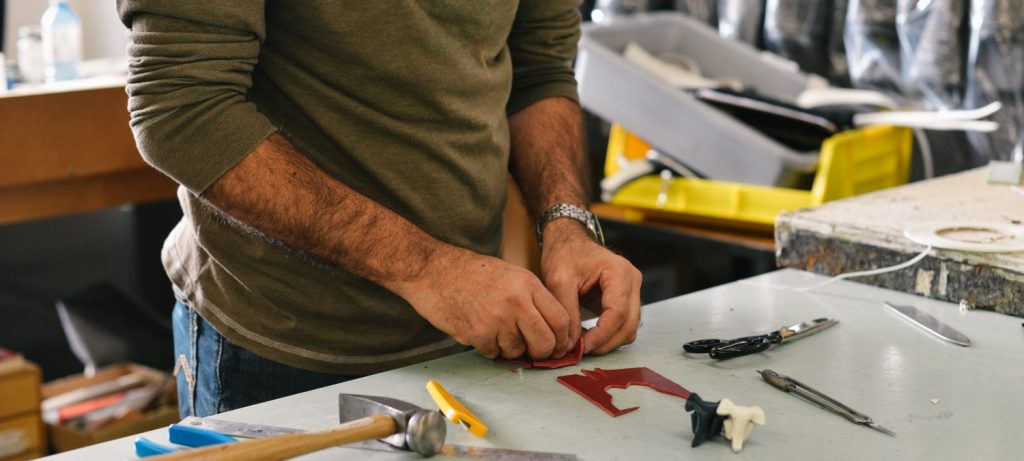Financing start-ups and social outcomes measurement

In a time of economic slow-down, the idea of financing start-up enterprises in the EU is quite alluring. As such, start-ups (enterprises in early stages of development, generally less than 2 years old) are high on European Commission’s agenda.
For this reason, the MFC is taking a deep dive on how microfinance can support start-ups. We will examine existing practices in the marketplace, define good practice and, most importantly, analyze the possible impact of microfinance institutions on start-ups.
Concrete definitions are an important starting point, and common consensus has yet to emerge. Some define a start-up as an enterprise in its first 6 months; others include the first 2 or even 3 years in the “start-up” phase. That’s to say nothing about proto-enterprises, in the ideation or registration stage. Everyone agree that “start-ups” are business at very early stage of development, but the broader the definition, the more varied their needs will be for financial support and technical assistance.
For example, most people think of a “start-up” as a high-tech online business: one person or a team of highly-creative young people who need seed capital or equity investment. As commonly it is their very first business, in the main they need advice on accounting and business management – as a focus on a brilliant idea and generating market demand trumps a focus on paying taxes, obeying the law and good managerial practice.
Another group of start-ups (most often served by MFIs), are specialist individuals who start their own company as a way of transitioning into self-employment, generally after being fired or making the courageous leap with a solid portfolio of clients in pipeline from their days as a formal employee. These “one-person show” businesses need financing to survive, but require little investment and generally already have short-term orders in the book. As such, MFIs can easily assess their future potential cash-flow.
In between these two, we see a third group of entrepreneurs: usually young, usually in traditional market segments (craftsmen, traders, etc.), and with little business experience. They need financial investment to keep their business afloat in the short term, as their profits horizon is longer-term than most. Thus, in addition to loans, they need grants and solid mentoring in marketing, distribution, and management.
As a result, we see a range of financial and technical needs among start-ups. Some are able to float their initial costs on a credit card – or by borrowing from “the bank of mom and dad”. Others seek equity investment, which means a long-term financial and technical relationship – a rather unusual model for microfinance.
Whatever the relationship with the bank, financing start-ups is challenging, especially in light of the business development services that are crucial for survival. So what social outcomes can we expect? Are the start-ups in traditional sectors (such as services or trade) able to create jobs on a large scale? Can barber or coffee shops reliably sustain jobs for 2-3 people?
These questions and more are on our agenda over the next few months. Stay tuned to learn about the results of our work with the four MFC members: Mikrofond from Bulgaria, Local Enterprise Agency of Heves County from Hungary, and good.bee Credit and Vitas from Romania.
In addition to the input of our partners (listed above) on this article, we’re grateful for input from Nachala (Bulgaria) and the Irish League of Credit Unions.

This initiative is supported by the European Union Program for Employment and Social Innovation.
